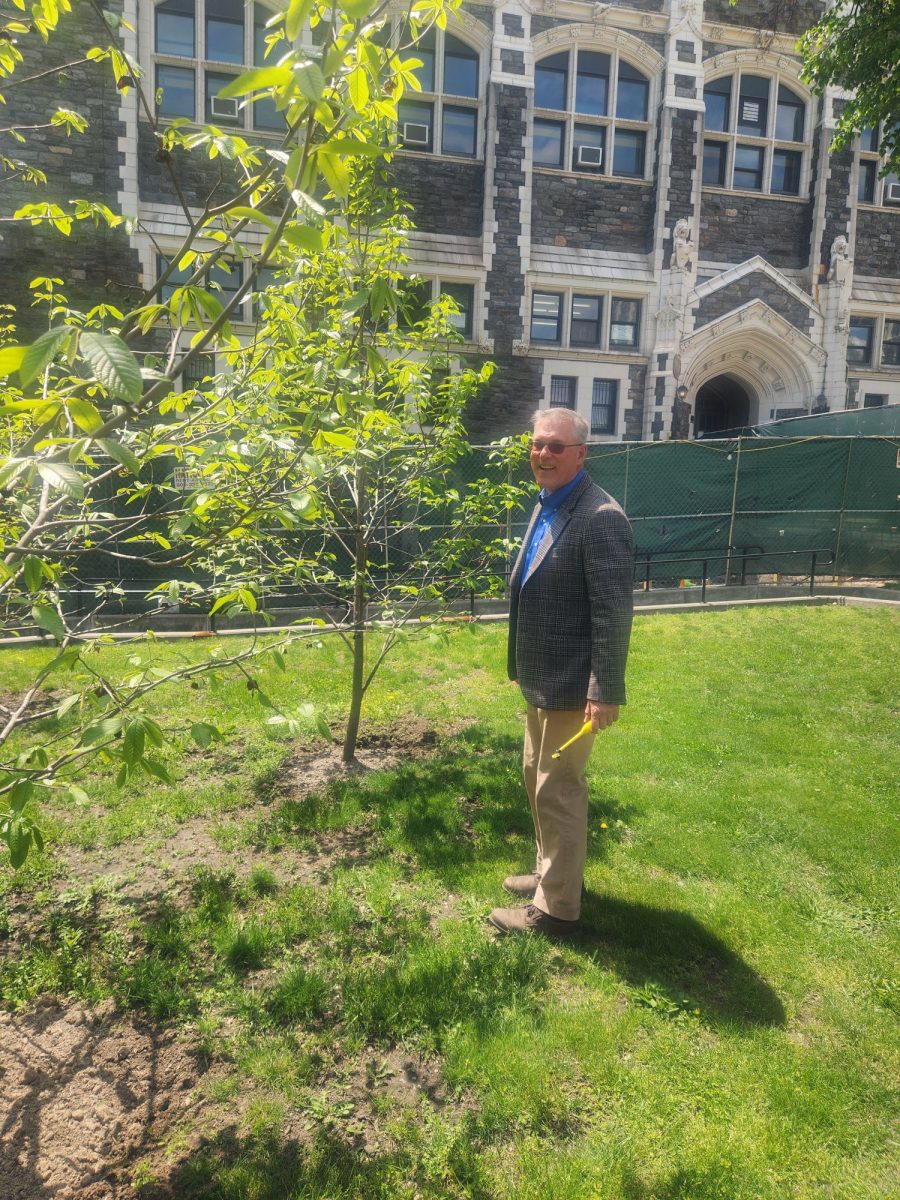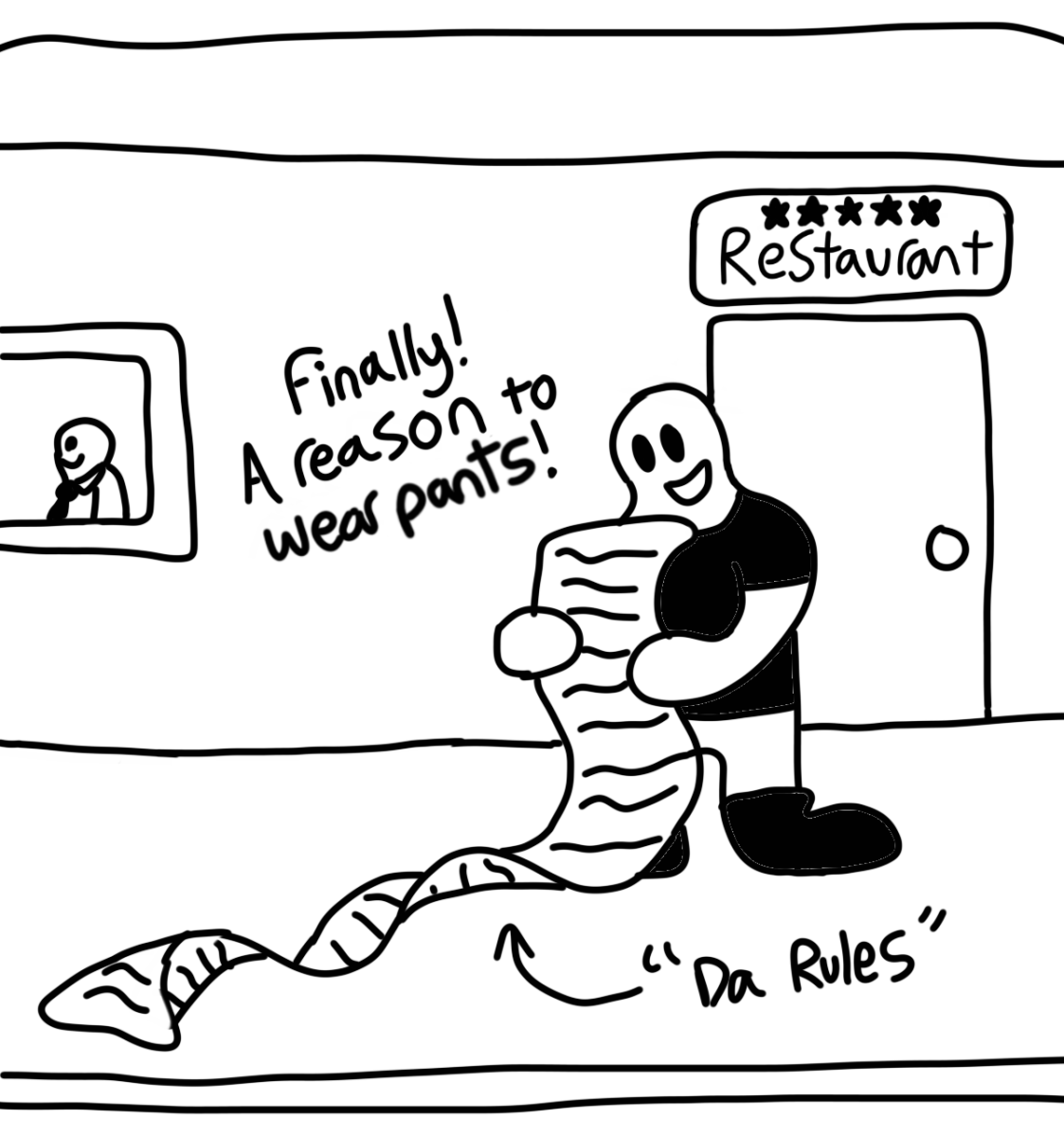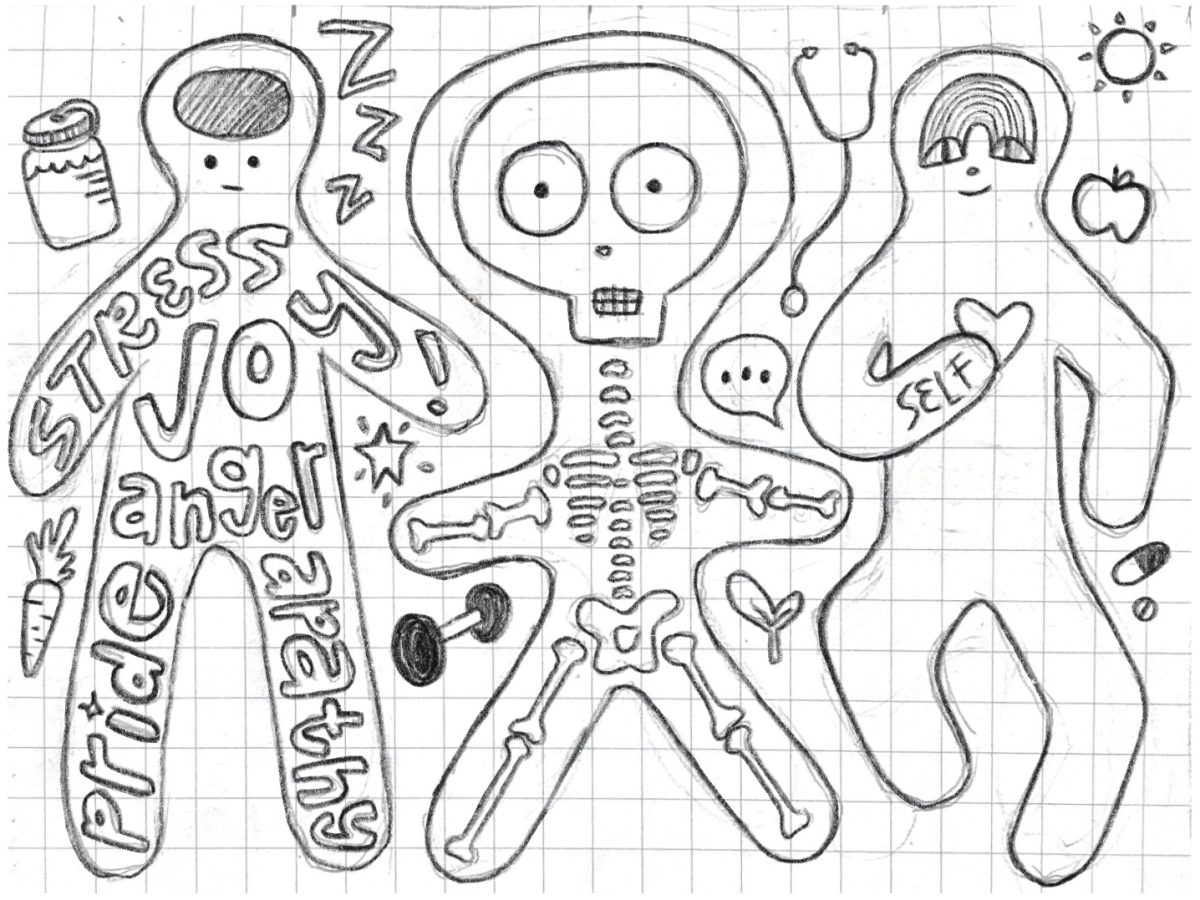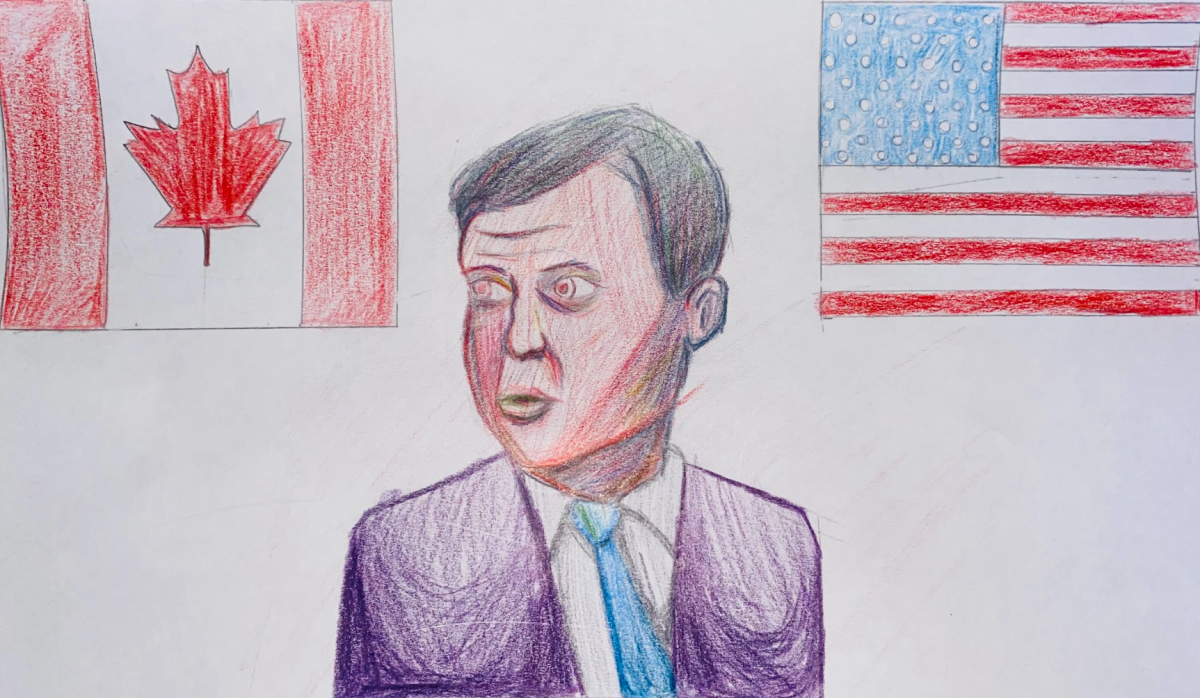First Germany, and now Canada—how many of the United States’ close allies are going to elect new leaders this year? Germany’s chancellor election was a potentially earth-shaking event, but Canada is a little closer to home, so let’s take a look at how the election of Canadian Prime Minister Mark Carney could affect geopolitics.
Biography
Mark Carney, 60, was born in Fort Smith in the Northwest Territories of Canada and raised in Edmonton, Alberta. Like any good Canadian, he played goaltender for his junior hockey team. He is an economist by trade, and was the Governor of the Bank of Canada during the 2008 financial crisis and the Governor of the Bank of England during Brexit. He is the party leader of the center-left Liberal Party, and thus when the Liberals won the May 2025 parliamentary elections, he became the Prime Minister of Canada.
Stance on Immigration
Carney has suggested implementing an immigration cap in order to avoid burdening Canada’s public services beyond their functional capacity. He wants to prioritize granting permanent residency to the four million–plus people who have immigrated to Canada recently over admitting new immigrants. To this end, Carney called for a cap on temporary foreign worker (TFW) admissions into Canada. The Canadian government has already set targets for TFW admissions, with the number of new temporary work permits set to decline by 165,000. The number of TFWs in Canada is expected to decline by about 445,000 in each of the next two years due to TFWs being admitted as permanent residents and fewer new TFWs being admitted to the country.
Carney believes that Canada’s economy is supported by immigration but that Canada’s public services can only support a certain level of immigration without being crippled, and hence there should be limits on (but not outright hostility toward) immigration. Despite his concern about public-service capacity, he has said that Canada should support immigration, “and arguably, we can’t afford not to.”
Stance on Trump and Tariffs
Carney takes US President Donald Trump’s threats to annex Canada seriously, saying that “these are not idle threats. President Trump is trying to break [Canada] so America can own [Canada]. That will never, ever happen.” Trump, meanwhile, consistently says that Canada being the 51st state would be good for the United States. Carney has openly opposed Trump’s rhetoric, which Jon Parmenter, a history professor at Cornell, credits with “single-handedly help[ing] the Liberal Party recover from a very large popular-opinion deficit” in order to win the election in Canada.
Trump’s 25% tariff on most Canadian goods is not popular with Canadians. Carney, for his part, has stated that Canada and the US could have a mutually beneficial relationship, and that Canada could also have a win-win situation if it improved trade relations with the United Kingdom and European Union.
Consequences for the United States
Trump’s tariffs have alienated many of America’s closest partners, including Canada and many European nations. If Trump continues to antagonize Canada or tries to force Canada to become the 51st state, it is possible that Canada will tighten relations with the UK and EU even further. Like Merz in Germany, Carney wants to work with the United States, but is preparing a contingency plan in case that fails. In this case, Trump could single-handedly manage to alienate other major members of the North Atlantic Treaty Organization (NATO) to the point where NATO gets dissolved and reformed without the United States as a member. This would result in Canada gaining a more prominent global position, while the United States would lose Canada as a trading partner, which would be catastrophic to the US economy because of its reliance on Canadian goods.
Working with the UK and EU, Canada could help create a new super-alliance that is more reliant on a true partnership—with all member countries contributing roughly equally, rather than one country supporting everyone. This would significantly reduce the United States’ standing in the world, allowing for the re-emergence of Europe and other powers. The linchpins of this new alliance would likely be Mark Carney of Canada, Friedrich Merz of Germany, Keir Starmer of the United Kingdom, and Emmanuel Macron of France. Carney could help significantly to move Canada and the world forward, away from the United States, in his office as Canada’s prime minister.





















